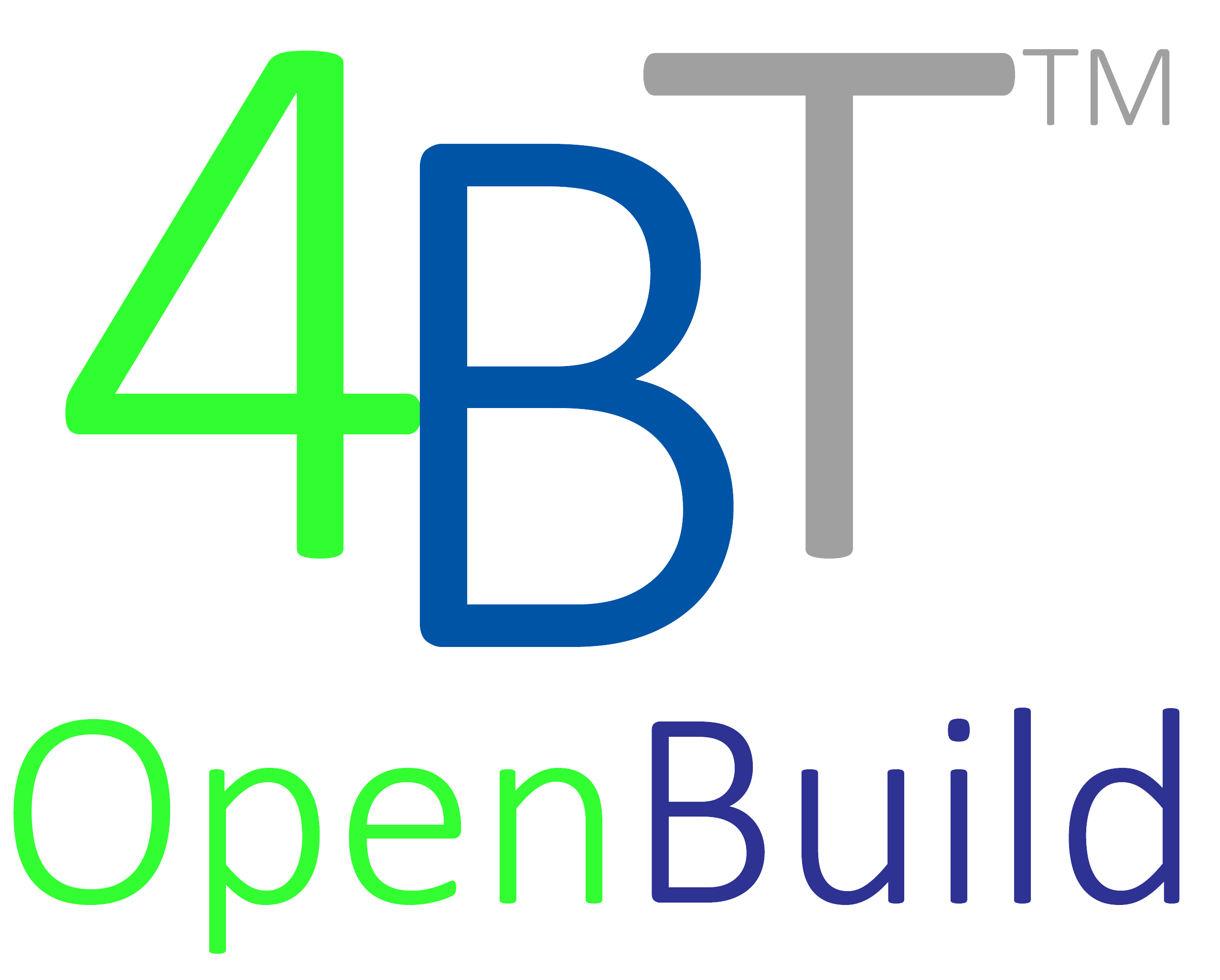Enabling Job Order Contracting Through Training and LEAN Methods
While Job Order Contracting has been used for decades and can drive significantly improved construction delivery productivity and higher quality, it must be deployed by skilled Owners and Contractors to achieved maximum benefit.
In order reduce costs and add long-term value Job Order Contracts must be developed and implemented objectively and transparently.
Job Order Contracting was designed to provide collaboration and benefit to both Owners and Contractors, unfortunately many implementations of JOC have changed the rules of engagement to specifically benefit Owners or Third Party JOC Administrators / JOC Consultants. The net results is that Contractors face excessive fees and Owners achievements are questionable.
Job Order Contracts should focus upon process, ongoing training, and assuring that collaboration, transparency, and objectivity are maintained.
Furthermore, construction cost data used for the JOC Unit Price Book should accurately reflects local conditions and practices. While cost data from the RSMeans Company, LLC traditionally has been used for the majority of Job Order Contracts and has been seen as an independent, objective resource for construction cost data, the later has changed due its recent acquisition.
If you are an Owner considering a new Job Order Contract it is critical to understand the current state of the market and the dynamics of change with respect to culture, fairness, competition, a and shifts in the industry.
- Assure your JOC uses your current/required construction specifications, not those from an alternative source. Technical specifications for your JOC should NOT be different from your current requirements.
- Research how your JOC affects legal liability and assure it is, and remains in compliance
- JOC contractual provisions must support the JOC process. A JOC Operations Manual or JOC execution Manual should be a part of the final contract.
- The JOC must clearly state all obligations, expectations, timelines, deliverables, and workflows from project concept through execution and warranty period.
- Software and construction cost data should support the JOC process. Accurate, current, and easily accessible information is fundamental to the ability of JOC project team members to meet their contractual obligations in a collaborative manner. Contract, project, estimate, and document management represent basic areas of functionality.
- The role of the JOC Program Manager must be independent and authority must exclusively project approval authority must exclusively reside with the Owner.
- Direct Owner involvement in scope of work development, initial site visits, and progress inspections is required.
- Owners must review ALL JOC estimates, and furthermore create their own internal estimates for projects of a certain size or higher. In general, the responsibility for JOC program oversight, review, and compliance resides exclusively with the Owner.
Any JOC should maintain an mutually beneficial relationship between Owners and Contractors. Construction cost data must reflect local conditions and practices. JOC management must be via competent Owners. Under no circumstances should a consultant or third party approve JOC construction projects an associated fee based upon construction volume.
Ongoing training, monitoring, and professional development must be mandatory for all JOC participants, including engineering, procurement/purchasing on owner side, as well as all contractors and subs. Technology should used to support robust, proven LEAN JOC practices, enable quantitative metrics, and lower the cost of program deployment.
It’s time to get Job Order Contracts and Job Order Contracting back to its original goals…. delivering more projects on-time, on-budget, and to the satisfaction of ALL participants and stakeholders.

www.4BT.US
